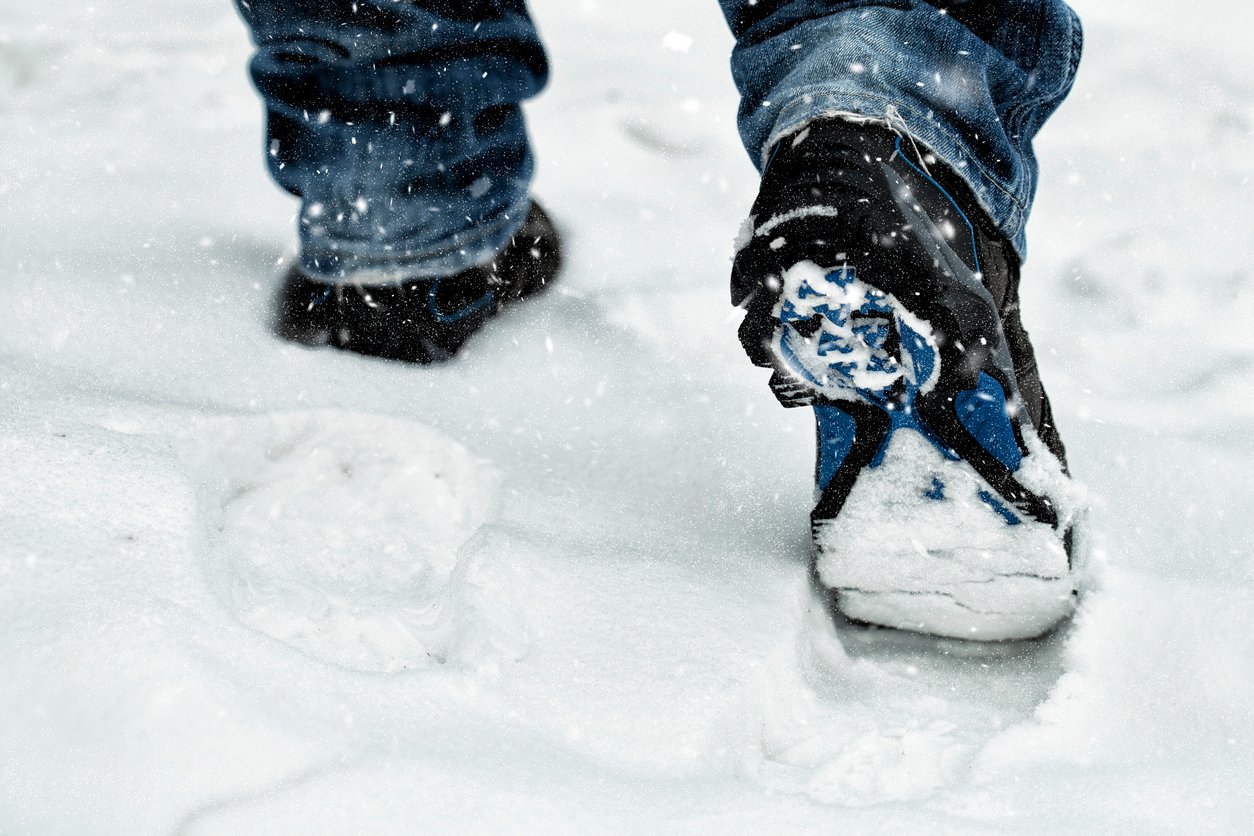Nobody wants to spend time in the emergency room after an in-home accident that could have been prevented. That’s why it’s important to take a few simple steps to improve home safety.
Falls are the top cause of injuries among older adults, according to the Centers for Disease Control and Prevention (CDC). Each year, 3 million older people are treated in emergency departments for injuries sustained in falls, and a quarter of them are admitted to hospitals.
“Several factors can lead to falls in senior citizens, including medications, poor eyesight, and mobility issues,” said Dr. Luenetta Jackson, pharmacy director at Zing Health. “Falls can lead to debilitating injuries, including fractures and head injuries.”
While diet and exercise will build bone strength and maintain stability and flexibility to prevent falls or serious injuries when they do occur, there are other strategies to mitigate fall risk. These safety measures are especially important for seniors or people with disabilities, who may need more time to heal when injuries do occur.
Be Aware of Medication Side Effects
“Certain medications, especially those that treat pain, depression, difficulty sleeping, and high blood pressure, as well as over-the-counter medications, can increase your risk of falls, so talk to your doctor about the medicines you take, especially if you have joint pain, osteoporosis, or are unsteady on your feet,” Dr. Jackson recommends.
Get Your Eyesight Checked
Diminished eyesight may also make you more prone to falls, so see your eye doctor regularly. Be sure that your glasses or contact lenses have your current prescription in them. Keep indoor and outdoor areas of your home where you walk well-lit to prevent falls after dark.
Check Floors for Tripping and Mobility Hazards
“Throw rugs may look decorative, but they can be a tripping hazard, particularly for individuals who use a walker or cane to get around, so it is best to avoid them altogether,” Dr. Jackson said. Keep a non-skid mat on the bottom of your shower or tub. Install sturdy handrails for support while getting in and out of the shower if you are unsteady.
Watch Your Step Outdoors
Winter weather can create slip hazards from slick or icy driveways and sidewalks. Use caution and wear footwear made for winter weather when walking around outdoors after a snowfall or freeze. Watch for ice and slush before getting out of cars or buses. Walk with your hands outside your coat for better balance, take short steps, and walk around icy curbs. If you must navigate steps to enter or exit your home, install a handrail.
Install and Test Smoke and Carbon Monoxide Detectors
A working smoke detector should be in each sleeping room and on every level of your home, including the basement. The National Fire Protection Association recommends testing batteries once a month and replacing detectors after 10 years. Have a fire safety plan in place so that everyone in the household knows how to exit the home safely in a fire.
Carbon monoxide (CO) can build up when natural gas, wood, coal, or other fuel sources do not burn completely. Carbon monoxide poisoning can be fatal, but because it is odorless and colorless, you may experience it without knowing you have elevated CO levels in your house. Signs of carbon monoxide poisoning can include unexplained dizziness, headaches, light-headedness, nausea, and shortness of breath.
Snow and storm debris can block the escape of CO from clothes dryers, fireplaces, furnaces, and stoves, so be sure to keep these exterior vents clear.
Install a carbon monoxide detector on each level of your home. As with smoke alarms, check CO detectors once monthly. If the alarm goes off, open doors and windows, move outside, and call the local fire department.
Keep Home Safety Devices Within Reach
Make sure seniors can call for help. “If you have a cellphone, keep it charged and within reach at all times so you can call for help at any time,” advises Dr. Jackson. Some senior citizens, especially those who live alone, should consider a medical alert device that is worn at all times.
Ask for Help
Zing Health pharmacists will speak with you about any medication that could affect balance or strength. Call us at 1-866-946-4458 (TTY 711) to get medical questions answered or learn more about your Zing Health Medicare Advantage coverage.
Y0149_B_012172021_C




